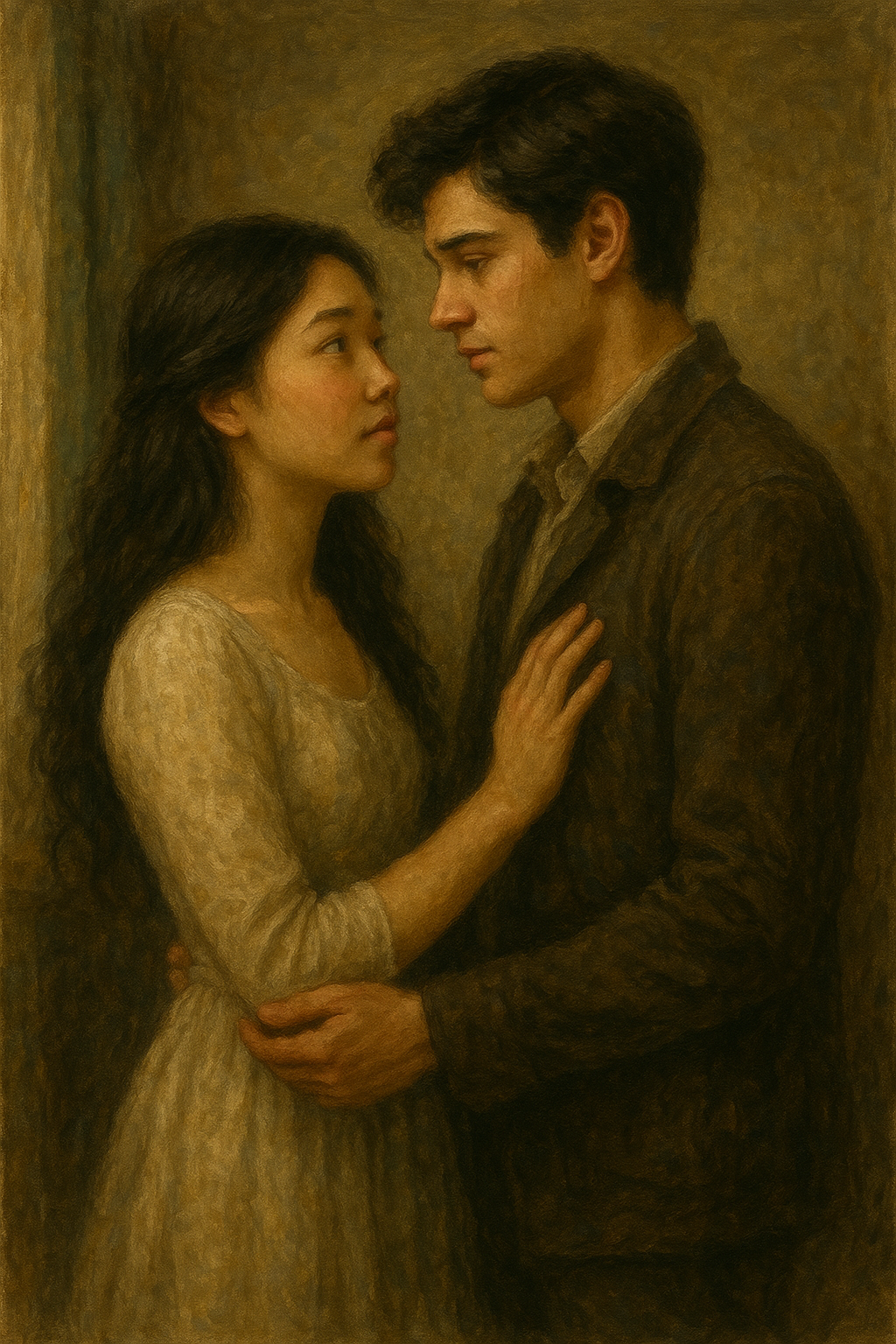Beyond the Letters: How Emotional Honesty Shapes the Book To All the Boys I’ve Loved Before

Jenny Han’s book To All the Boys I’ve Loved Before is more than a simple love story. At its core lies a quiet but powerful message: emotional honesty matters. From the letters Lara Jean writes to the way she interacts with her family and friends, this story gently encourages readers to open up, speak the truth about their feelings, and embrace the vulnerability that comes with it.
Let’s explore how this beautiful idea weaves its way through the story and makes the book so meaningful.
The Letters That Were Never Meant to Be Read
The entire story begins with something private—Lara Jean’s secret letters. These aren’t ordinary notes; they’re heartfelt confessions, filled with words she was too scared to say out loud. Writing them is her way of dealing with her feelings without sharing them.
This idea is so relatable. Many people, especially kids and teens, often struggle with expressing their emotions. By writing letters, Lara Jean finds a quiet space where she can be honest with herself. It shows that even when we can't say something out loud, it's okay to feel deeply and find ways to understand our emotions.
The Power of Being Vulnerable
When the letters are accidentally sent out, Lara Jean is forced into a situation she never planned. She can no longer hide behind her safe thoughts—now, people know how she really felt. While that might seem terrifying, this moment becomes the first step toward real growth.
This part of the book shows that being vulnerable can be uncomfortable but also necessary. It’s not always easy to be honest about what we feel, especially when we fear being judged or misunderstood. But Lara Jean’s journey teaches us that emotional honesty can lead to unexpected connections and real understanding.
Honest Conversations in Everyday Life
The beauty of this story lies in how often honest emotions appear in simple, everyday conversations. Whether Lara Jean is talking to her sisters, bonding with her father, or navigating tricky moments at school, her feelings come out in small, sincere ways.
These aren’t big speeches or dramatic scenes. They’re quiet, real moments that remind readers it’s okay to be confused, scared, or unsure. The book shows that honest conversations don’t have to be perfect—they just have to be true.
Family as a Safe Space for Expression
One of the most comforting parts of the book is the relationship between Lara Jean and her family. Her sisters and father create a space where feelings are respected. Whether it's sadness, excitement, or frustration, emotions are welcome at the table.
This family dynamic teaches an important lesson: it’s easier to be emotionally honest when you feel safe and supported. The book encourages readers to create that space for themselves and others—to listen with kindness, speak with care, and accept feelings without judgment.
Learning to Face Emotions Instead of Avoiding Them
At the beginning of the story, Lara Jean prefers to avoid emotional discomfort. She hides her letters and avoids difficult talks. But as the story unfolds, she learns that running away from feelings doesn’t make them disappear—it only makes them stronger.
Facing emotions, even when it’s scary, becomes a major part of her growth. This is a gentle reminder to all readers that while feelings can be overwhelming, they are also guides. They help us understand ourselves, our relationships, and our needs.
Emotional Honesty as a Quiet Strength
In many stories, strength is shown through action or bravery. In this book, strength is shown in softer ways: saying something kind even when you’re upset, admitting when you're afraid, or standing by your truth without shouting it.
Lara Jean doesn’t need to be loud to be strong. Her strength comes from her emotional honesty—her willingness to love, to care, to forgive, and to grow. That kind of quiet courage is something anyone can learn from.
To All the Boys I’ve Loved Before may be wrapped in a sweet, romantic storyline, but at its heart, it’s about being emotionally honest—with others and with ourselves. Jenny Han shows that it’s okay to feel deeply, to speak from the heart, and to let people see the real you.
For any reader—especially young ones—this message is a gentle but powerful invitation: don’t be afraid of your feelings. Write them down, talk about them, and let them be part of your story. Because just like Lara Jean learns, being honest about what’s in your heart can lead to something wonderful.